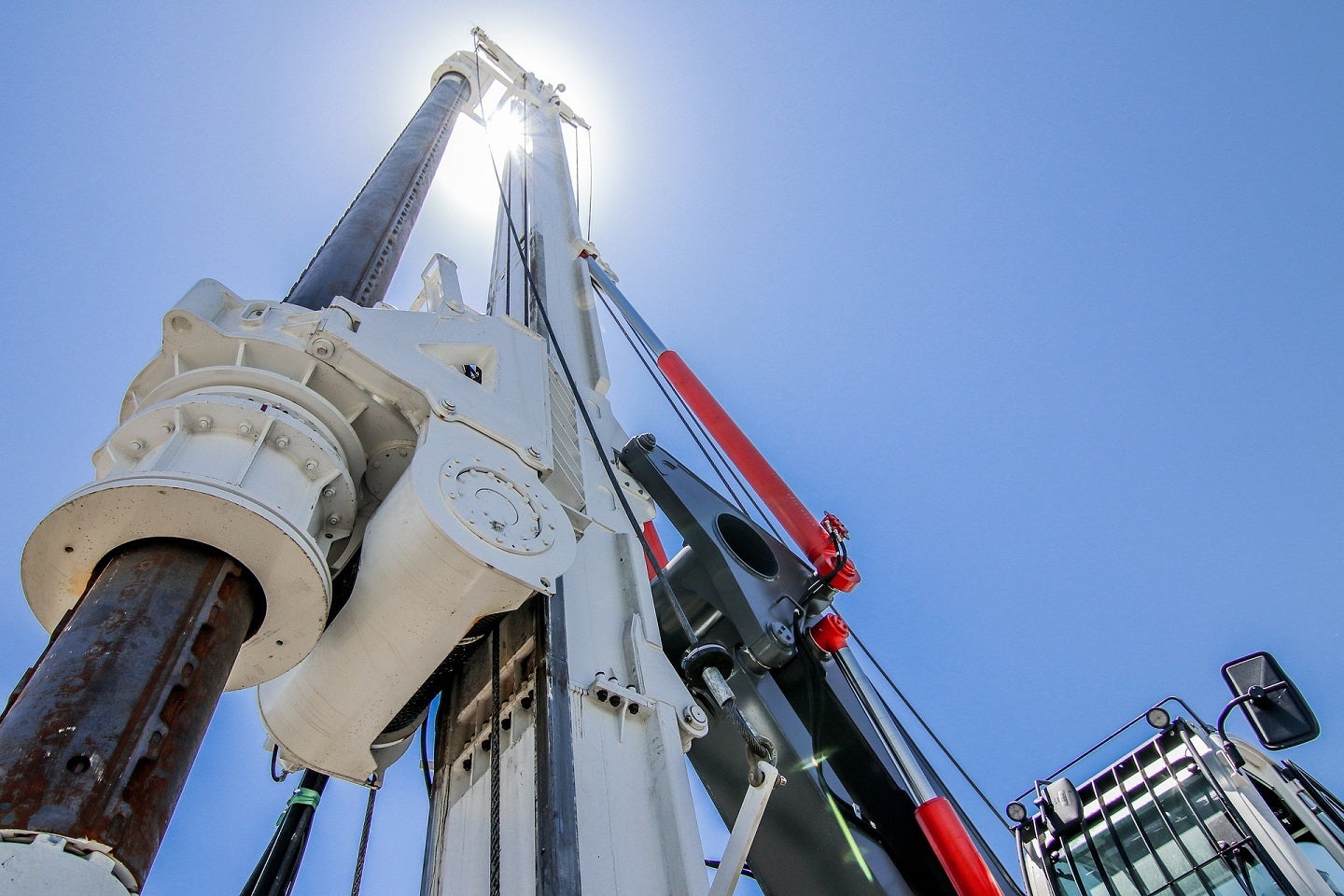
Brazil’s Petrobras plans to start exploratory drilling work in 2024 near the mouth of the Amazon River, along the coast of Amapa state, reported Reuters, citing the company’s CEO Jean Paul Prates.
The region forms part of Brazil’s Equatorial Margin, which the state-owned company considers to be the ‘most promising’ new oil and gas exploration frontier.
Petrobras is seeking permission from the environmental protection agency, Ibama, to start exploratory drilling work in the region.
Prates expects the company to commence drilling off Amapa in the first half of 2024 or later in the same year.
The area is located near Guyana, where ExxonMobil discovered significant oil reserves, and south of Suriname, where oil exploration is being carried out.
Due to the area’s rich biodiversity and proximity to the Amazon rainforest, drilling in the region is a contentious matter in Brazil, reported the news agency.
How well do you really know your competitors?
Access the most comprehensive Company Profiles on the market, powered by GlobalData. Save hours of research. Gain competitive edge.

Thank you!
Your download email will arrive shortly
Not ready to buy yet? Download a free sample
We are confident about the unique quality of our Company Profiles. However, we want you to make the most beneficial decision for your business, so we offer a free sample that you can download by submitting the below form
By GlobalDataEarlier this year, Ibama denied Petrobras’ proposal to drill a well in the Foz do Amazonas sedimentary basin at the mouth of the Amazon River.
The proposal to drill exploration blocks in the FZA-M-59 block was opposed by activists who warned of the possible harm it would cause.
Ibama’s decision was based on experts’ recommendation, which highlighted technical inconsistencies in an application filed by the Brazilian company.
At that time, Ibama president Rodrigo Agostinho said: “There is no doubt that Petrobras was offered every opportunity to remedy critical points of its project, but that it still presents worrying inconsistencies for the safe operation in a new exploratory frontier of high socio-environmental vulnerability.”
However, the move was later appealed by Petrobras, claiming that the decision was based on an incomplete environmental study of the project, reported Reuters.



